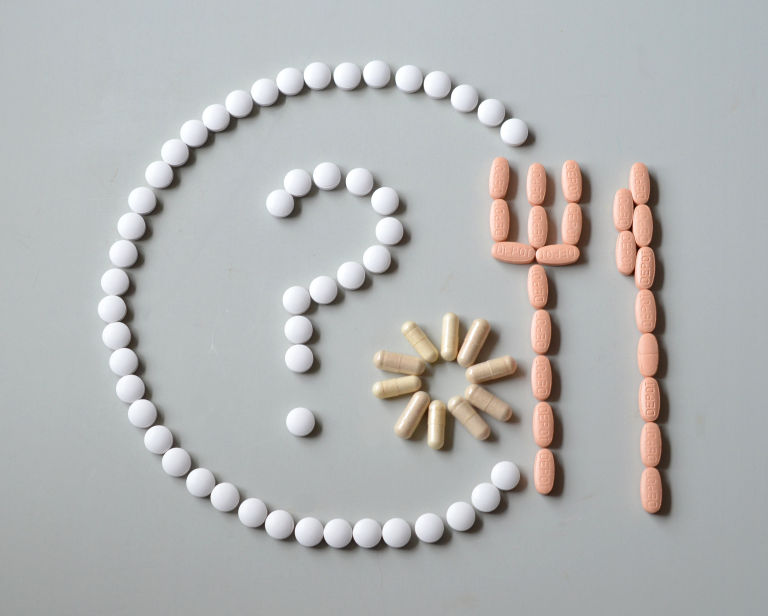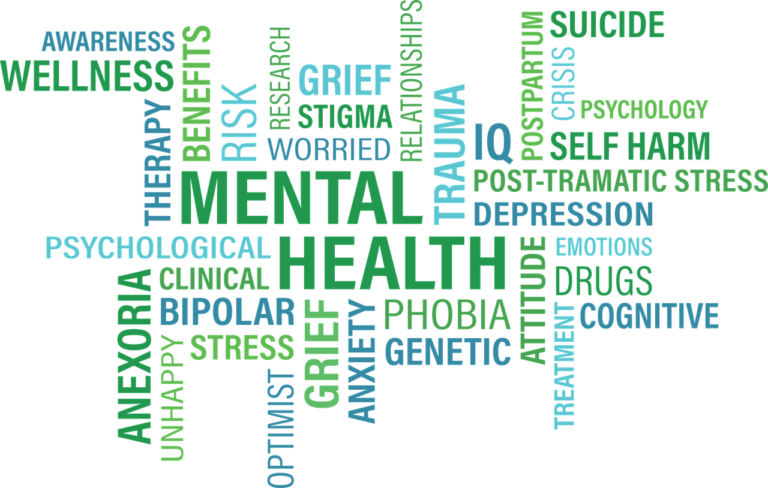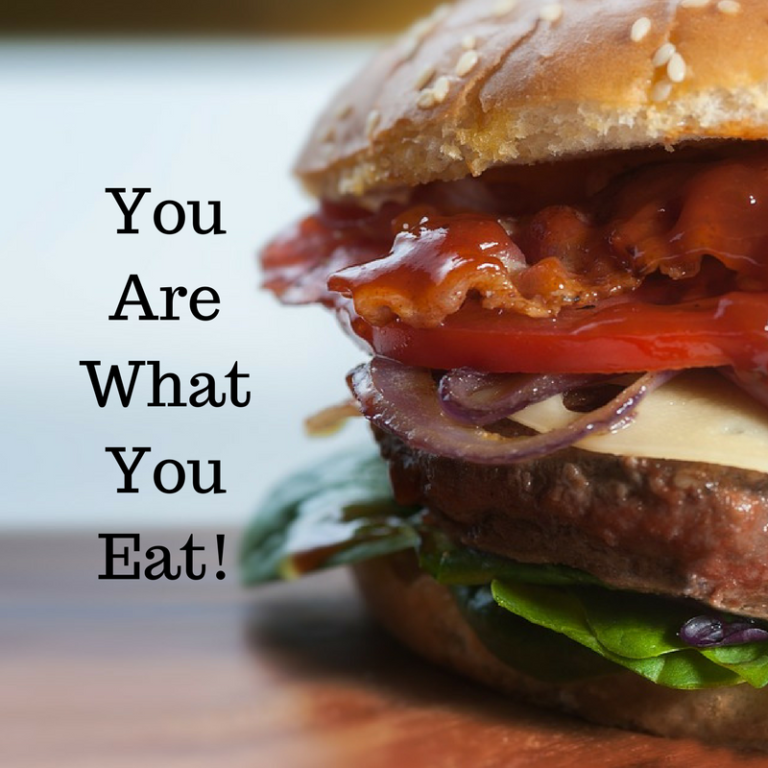Nutrition and Depression
The classic symptoms of depression include feelings of worthlessness or guilt, poor concentration, fatigue, loss of energy, thoughts of suicide or preoccupation with death, loss or increase of appetite or weight, disturbed sleep pattern, slowing down (both physically and mentally), agitation, restlessness, and anxiety. Now, think of the behaviors and foods you associate with this lifestyle and the vicious cycle this creates. For example, think of one who is sleep deprived. They will grab for that caffeine to keep going and are likely eating fast food on the run. Depression has caused them to sleep less, they are then needing that caffeine, which leads to a sugar fix, then a crash and time for another fix. They are often skipping regular meals and snacks, therefore are not getting the essential vitamins and minerals needed in their daily diet.
What causes depression?
For some, it might be an underlying biochemical issue or psychological issue they were predisposed to. For some, it might be a trigger or stressful event. A loss of a loved one, relationship issues, or loss of a job. For some, it might be lack of exercise; there has been a lot of evidence suggesting regular exercise does boost one’s mood. And for some, it’s poor diet and nutrition.
Connection Between Nutrition and Depression
Very few people are aware of or understand the connection between nutrition and depression. Most people think of depression as being emotionally rooted, however nutrition can play a key role in the onset, the severity of, and the duration of depression. Studies have shown that many of us are deficient in essential vitamins, minerals, and omega-3 fatty acids. One notable feature of the diets of those suffering from depression was the severity in the deficiency of nutrients. If you think about the noticeable eating patterns of a person who is depressed, poor appetite, skipping meals, or a desire for sweets; these behaviors will only result in increasing these deficiencies.
Nutrient Deficiencies Linked to Depression:
-
Omega-3 fatty acids-these reduce inflammation and play a critical role in our brain function (mood and memory). This is essential to have in our diet because our bodies do not make this. It must be eaten or taken as a supplement. There are 2 key types of fatty acids; EPA and DHA; evidence suggests that EPA is the most potent natural anti-depressant.
-
Vitamin D-deficiencies have been linked to depression, dementia, and autism. According to the NIH (National Institutes of Health), ideally you should be talking 600 IUD’s daily to not become deficient.
-
Magnesium-up to ½ of us are deficient in magnesium, mostly due to our lifestyles. Excessive alcohol, sugar, coffee, salt, phosphoric acid (soda), chronic stress, antibiotics, and diuretics all will decrease our levels. According to Dr. Mark Hyman, MD, author of “The Ultramind Solution: Fix Your Broken Brain by Healing Your Body First-The Simple Way to Defeat Depression, Overcome Anxiety, and Sharpen Your Mind”, magnesium is often referred to as the “most powerful relaxation mineral that exits”. Magnesium can be found in seaweed, greens, and beans. NIH recommends 400-420 mg/day for men and 310-320 mg day for women
-
Vitamin B Complex-In one 2009 study of older depressed women, more than ¼ were deficient in B12. B6 and B12 can provide incredibly health benefits including reducing the risk of stroke, and healthy skin and nails. Best sources for B6 is poultry, seafood, bananas, and leafy green vegetables. NIH recommends 1.7 mg for men and 1.5 mg for women. Best sources for B12 is meat, fish, eggs, poultry, shellfish. NIH recommends 2.4 mcg for both men/women.
-
Folate-increasing one’s folate intake will assist in treating depression and also improving the effectiveness of anti-depressants. People with low folate levels respond less to treatment for depression. NIH recommends 4000 mcg daily for both men/women. You can also increase your folate intake by eating dark leafy green veggies, beans, legumes, citrus fruits/juices.
-
Amino Acids-Serotonin is made in our body and brain by an amino acid called Tryptophan. Amino acids are the building blocks of our protein and help our brains function properly. When we are deficient, we are sluggish, foggy, unfocused, depressed. Best sources of amino acids are beef, eggs, fish, beans, seeds, and nuts.
-
Iron-iron deficiencies are pretty common in women; the most common being anemia-an insufficient number of red blood cells. The symptoms of iron deficiency mimic those of depression, fatigue, irritability, and brain fog. NIH recommends 8-18 mg daily. The best sources for iron are red meat, fish, poultry, liver.
-
Zinc-zinc is used by many enzymes in our bodies to activate our digestive system, helps our DNA repair/replace proteins, boosts our immune system, and controls inflammation. NIH recommends 11 mg daily for men and 8 mg daily for women.
-
Iodine-iodine is critical for our thyroid. Our thyroid affects our energy, metabolism, growth, body temperature, immune function, and brain performance. We get this by using iodine enriched salt, but it is also found in dried seaweed, shrimp, and cod. NIH recommends 150 mg daily for men/women.
As you can see it is important to take notice of what we are putting into our bodies (or what we are not putting in them) and how this affects our overall mood. The answer does not always have to be medication, sometimes a simple lifestyle change or diet change can do the trick. Simply knowing you are taking care of yourself can do wonders to boost your mood. If you are working with a psychiatrist to treat your depression, it is recommended you request that your nutrient levels be tested every year.
If you struggle with depression and your diet might be the culprit, I would be happy to schedule a FREE consultation to talk about it.
Please CLICK HERE to schedule with me Directly
I’m looking forward to working with you soon!
Maggie
Maggie Ann Wellness Solutions llc
Maggie@Cardinalpointwi.com










